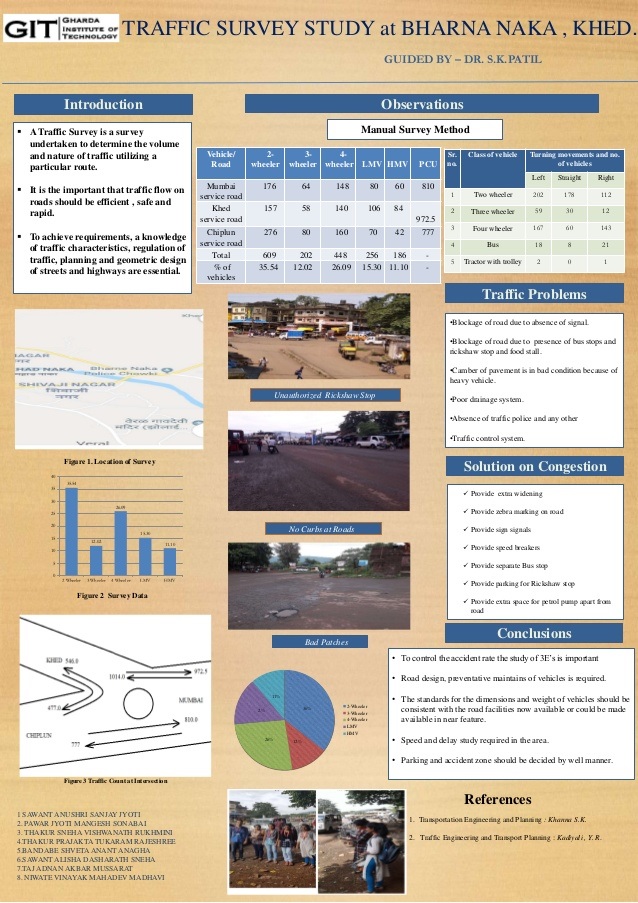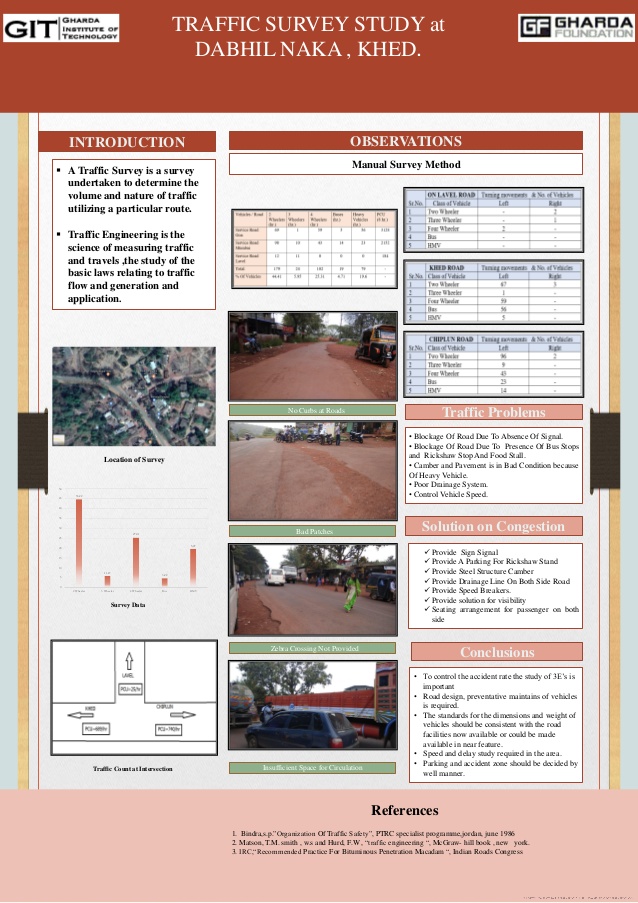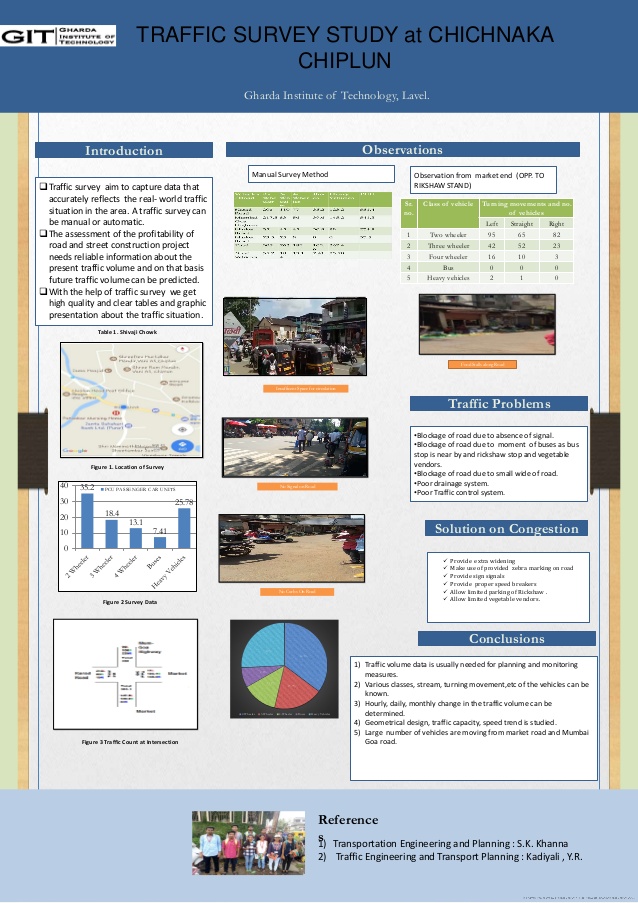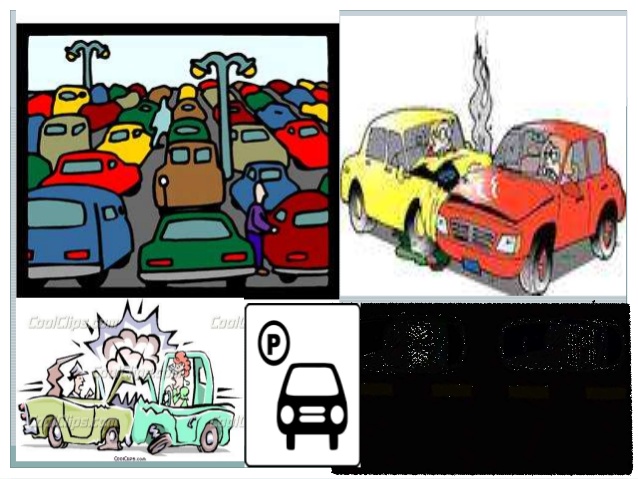GIT | CIVIL | TRANSPORATION ENGINEERING LABORATORY (CEC505)
Rationale
Transportation contributes to the economical, industrial, social and cultural development of any country. The adequacy of transportation system of a country indicates its economic and social development. Three basic modes of transportation include land, water and air. The land mode further gives rise to highways and railways. The highways owing to its flexibility in catering door-to- door service forms one of the important modes. This course deals with the investigation, planning, design, construction and maintenance of highways for urban and rural areas. This course also deals with the planning, operation and control of the traffic.
Outcome
On successful completion of the laboratory course, the students shall be able:
- To know the required properties of the different materials to be used in the construction of highways and other allied structures, to understand characterization of the materials and to evaluate their suitability; understand the principle of soil stabilization, utilization of geosynthetics in the construction of highway and alliedstructures.
- To understand the classification of different types of pavements, factors to be considered in the design of pavements, approaches for designing the different types of pavements and can the flexible and rigid pavements be using IRCSpecifications.
List of Experiments
1. Impact test onaggregates
2. Abrasion test onaggregates
3. Crushing test onaggregates
4. Shape test onaggregates
5. Stripping value or bitumen adhesiontest
6. Penetration test onbitumen
7. Ductility test onbitumen
8. Softening point test onbitumen
9. Viscosity test onbitumen
10. Flash point and fire point test onbitumen
11. Marshall stability test on the bituminousmix
12. CBR test on subgrade soilmaterial
Activity
The students shall conduct any one of the traffic surveys and will prepare a detail report thereof.



